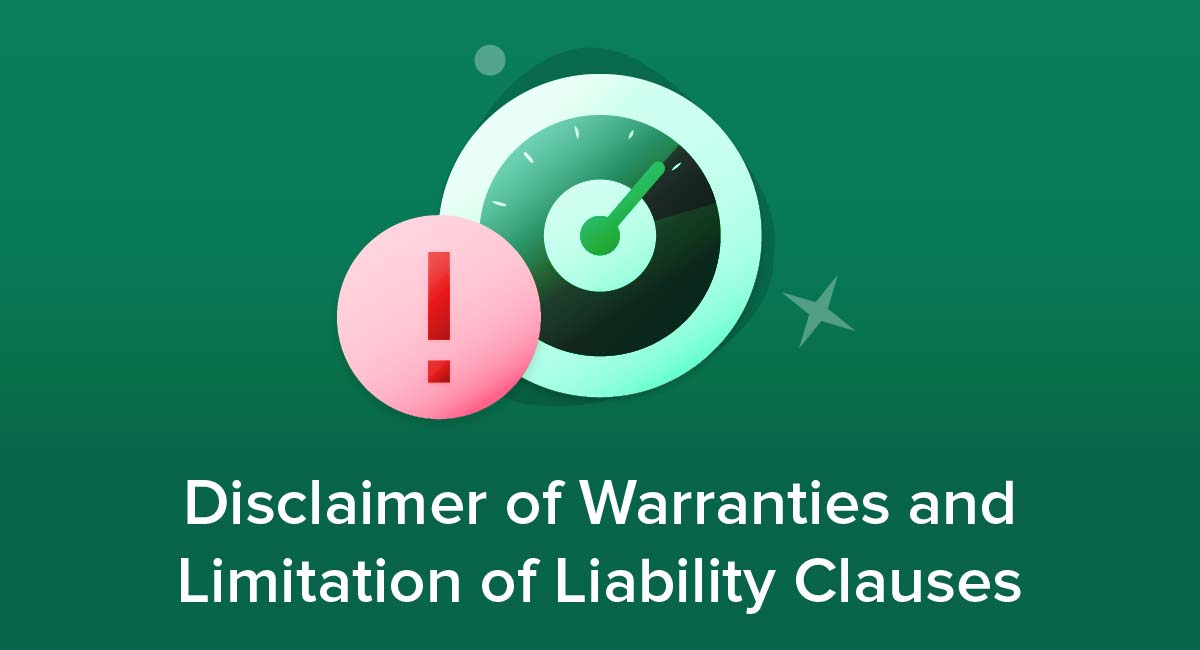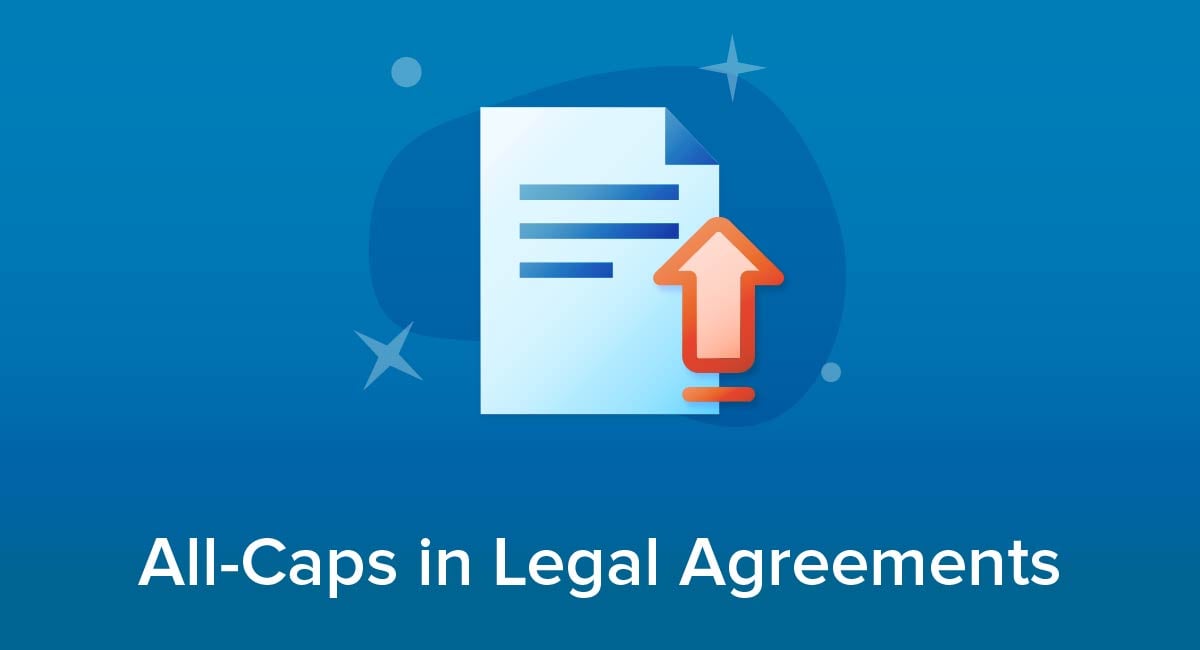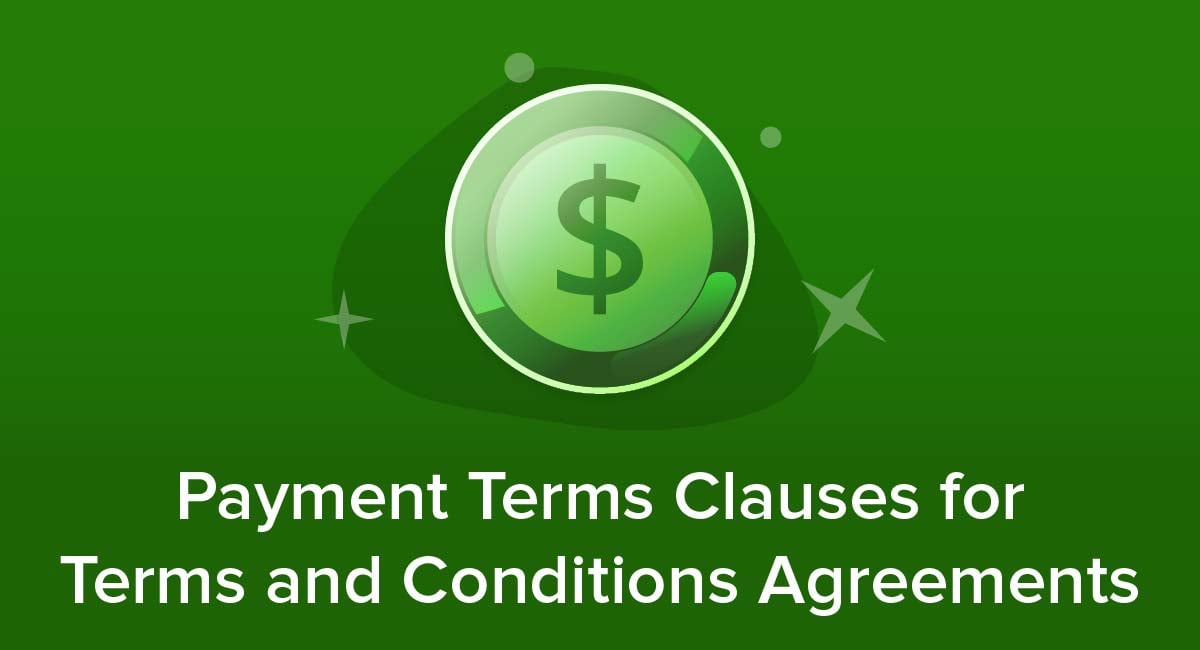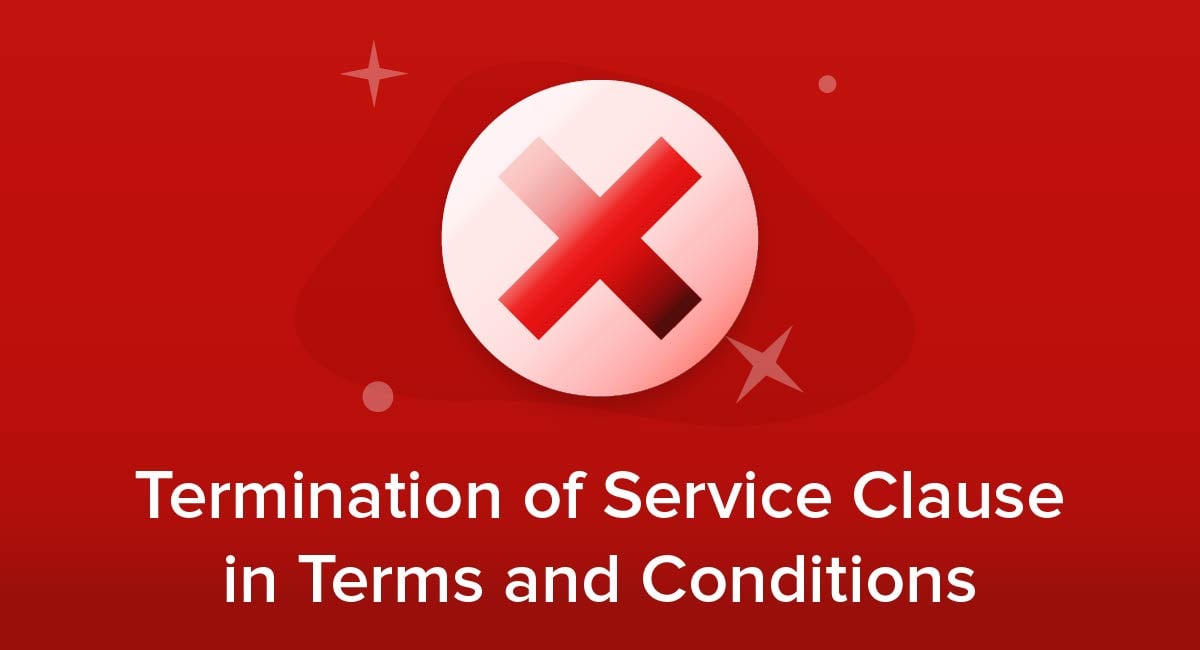
Whenever you provide a service to customers, you may create a legal obligation to continue providing that service either for a set period or indefinitely. A termination of service clause is the safest way to give yourself the ability to end that obligation.
To avoid confusion and dispute you should make clear when and how you will exercise that ability.
Here's what you need to know about a termination of service clause and what should be included in yours.
Our Free Terms and Conditions Generator is created to help you generate a professionally drafted agreement that can include various terms and conditions for your site and/or app.
- Start the Free Terms and Conditions Generator from our website.
- Select platforms where your Terms and Conditions will be used (website, app or both):
- Answer a few questions about your website or app information:
- Select the country:
- Answer a few questions about your business practices:
-
Enter your email address where you'd like to receive the new Free Terms and Conditions and click "Generate":
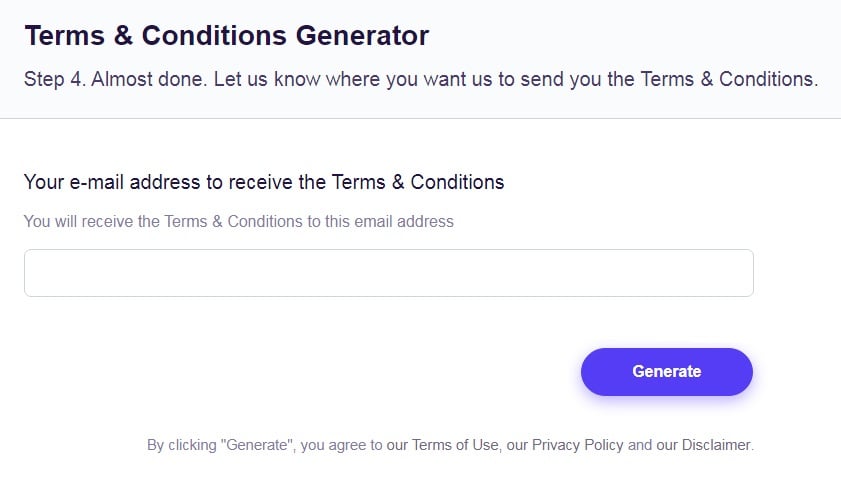
Once generated, you can copy and paste your Free Terms and Conditions agreement on your website or app or link to your hosted Free Terms and Conditions page.
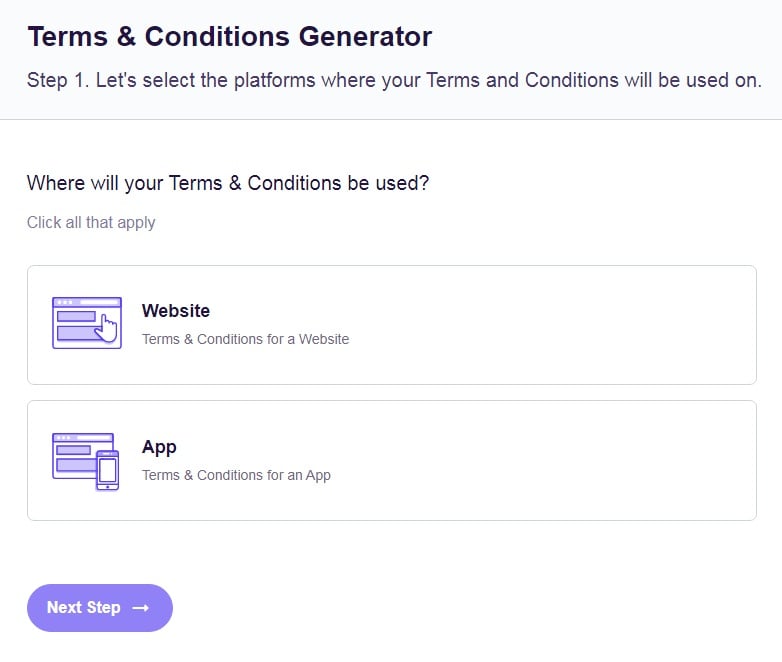
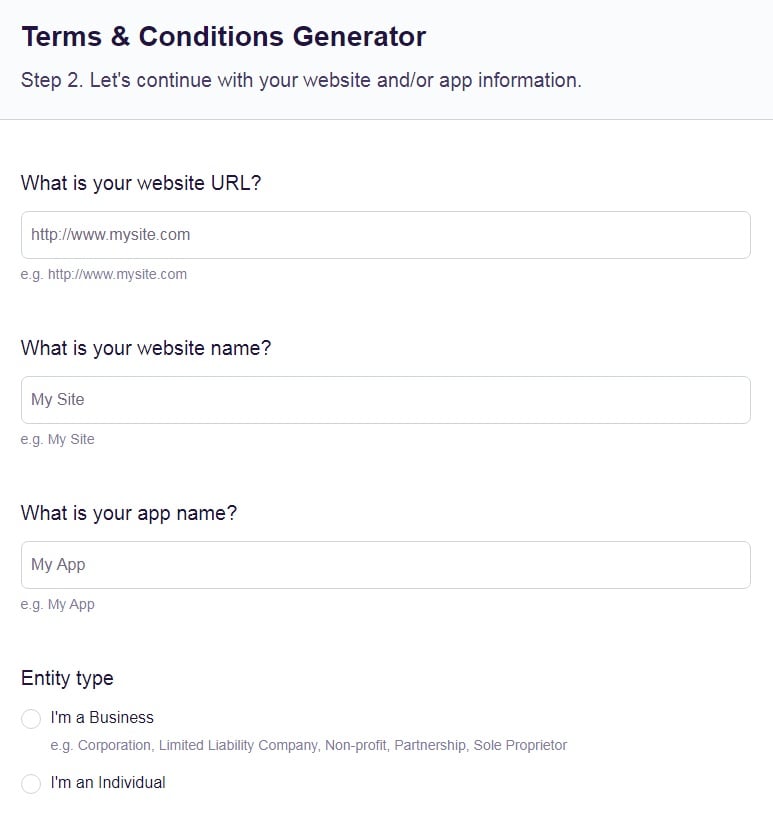
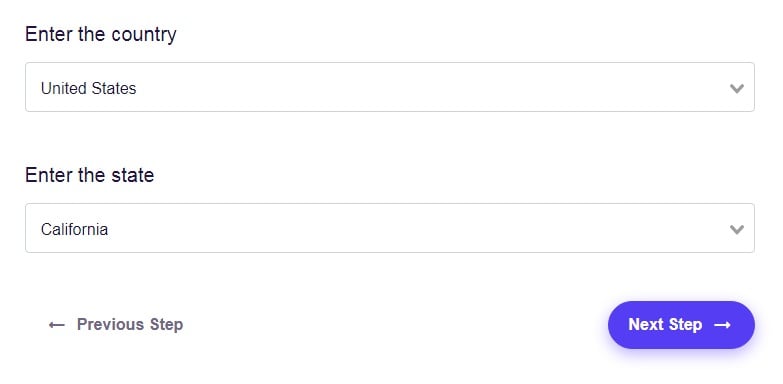
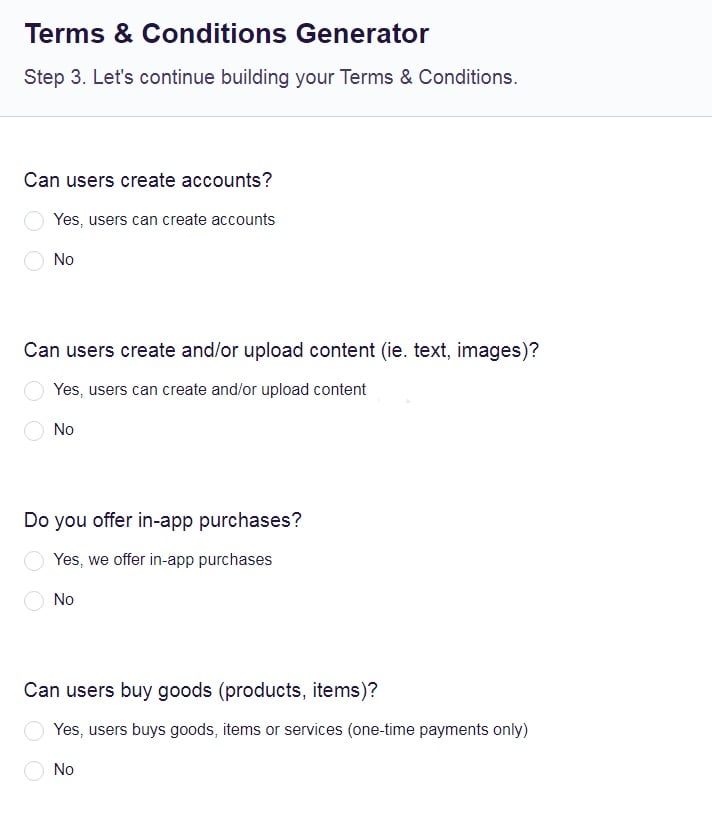
- 1. Why Would You Need a Termination of Service Clause?
- 2. Reasons for Terminating the Service
- 2.1. User Breaches
- 2.2. Your Inability to Provide the Service
- 2.3. Terminating Service at Your Discretion
- 3. Other Points to Address About Terminating Service
- 3.1. Refunds After Termination of Service
- 3.2. When Does the Termination Take Effect?
- 3.3. User Generated Content
- 4. Termination by the User
- 5. Summary
Why Would You Need a Termination of Service Clause?
You can set out the rules of this relationship in a Terms and Conditions agreement. If the user agrees to these rules, either explicitly by ticking a box or pressing a button, or implicitly by continuing to use the service, it forms a legally binding agreement. This agreement will work alongside any applicable consumer laws.
Unless your Terms and Conditions agreement says otherwise, a service user will have a reasonable expectation that as long as they meet any of their agreed obligations (such as continuing to make any payments) you'll continue providing the service. If the terms and conditions set out a fixed period, they'll expect the service to continue throughout this period.
Having a termination of service clause is the safest way to give yourself the option to either end the service completely, or to end it before the set period. This reduces or removes the risk of the user arguing that you remain obliged to provide the service.
Whenever you provide a service, you potentially create an agreement with the service user. How formal and legally binding this relationship is will vary with different scenarios such as:
- You sell goods or services through your website/mobile app
- You offer paid content on your site, for example a subscriber-only section
- You host user-generated content and services based around this content
Reasons for Terminating the Service

Your termination of service clause needs to set out the conditions in which you terminate the service. Most such conditions either involve the user breaching the agreement, you being unable to provide the service, or you ending the service at your discretion.
User Breaches
You should reserve the right to terminate service if the user breaches your Terms and Conditions agreement.
While you won't always want to exercise this right, it acts as a deterrent against such breaches. While other deterrents, such as the threat of being sued, might be more severe, users will know that terminating their service is a credible and easy-to-exercise deterrent.
One way the user might breach your terms and conditions is by not following your acceptable use rules.
Some common reasons to terminate service include users doing the following:
- Posting offensive or unlawful material
- Posting material that breaches somebody's intellectual property rights such as copyright
- Doing anything that might harm other users
- Doing anything that compromises the site's security
- Doing anything that causes you financial harm such as allowing others to access your services without paying
Another way the user may breach your terms and conditions is by failing to pay agreed charges on time. While it may seem obvious that you don't have to continue serving a customer who hasn't paid, it's safest to spell this out.
BambooHR explains how its timescale for terminating service varies depending on the nature of the user's breach:
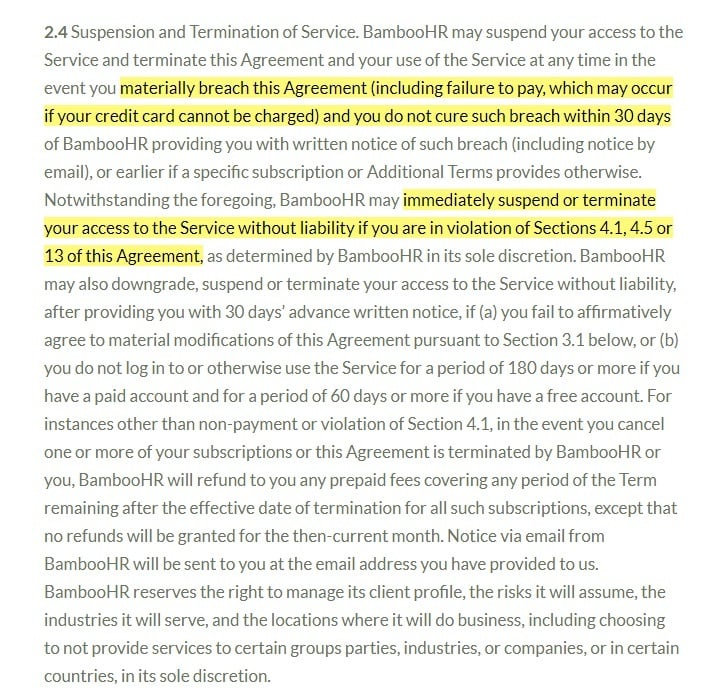
Blizzard gives specific examples of violations that would lead to immediate action:
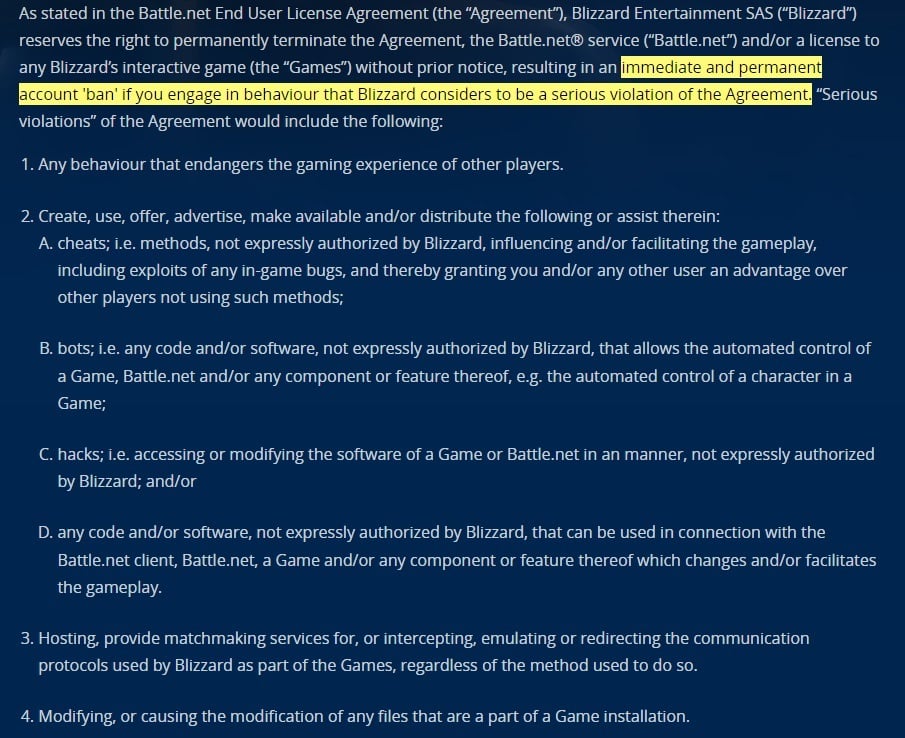
Your Inability to Provide the Service
Circumstances beyond your control may mean you can't continue providing the service. Addressing this in a termination of service clause puts you on safer legal ground by reducing the chances that service users try to force you to pay compensation or find an alternative service provider.
You could give examples of situations when this might occur, though you should make clear this is not a complete or "exhaustive" list.
Examples could include:
- You cease trading
- You are legally barred from offering the service
- You suffer a fire, flood or other natural disaster that means you can't provide the service
- You suffer a cyberattack, physical theft or damage that means you can't provide the service
- You make a business change that means you can't provide the service. For example, if you ceased publication of a printed magazine, you would be unable to continue providing a digital version to online subscribers.
Terminating Service at Your Discretion
This is the most powerful reason to include in your termination of service clause. It simply means you can end the service at any time, for any reason, or without having to give a reason.
Whether an "at your discretion" clause is legally allowed may depend on your jurisdiction, the nature of the service, and the way in which people pay for it. It's also possible that you may be allowed such a clause for ongoing services that run indefinitely, but not for terminating service before the end of an agreed fixed term.
Nulab has such a clause, but makes clear it only applies to terminating service to all users. It all establishes the timescale and refund situation:

CalendarHero's clause is certainly unambiguous, though it would help to clarify what happens to payments from paid customers:

Other Points to Address About Terminating Service

Refunds After Termination of Service
If users pay for your service, you need to address whether you will issue refunds after exercising your right to terminate the service. Options could include:
- You will not issue any refunds
- You will issue a pro-rata refund (meaning in proportion to the remaining term) where somebody has paid to get the service for a set period
- You will issue a refund if you have terminated the service at your discretion, but not if it's because the user has breached the terms and conditions
Remember that consumer laws in your jurisdiction may affect how and when you must issue refunds. You may also need to address what happens if customers have outstanding fees to pay when the service ends.
LogDNA explains what payments customers are liable for after termination of service:
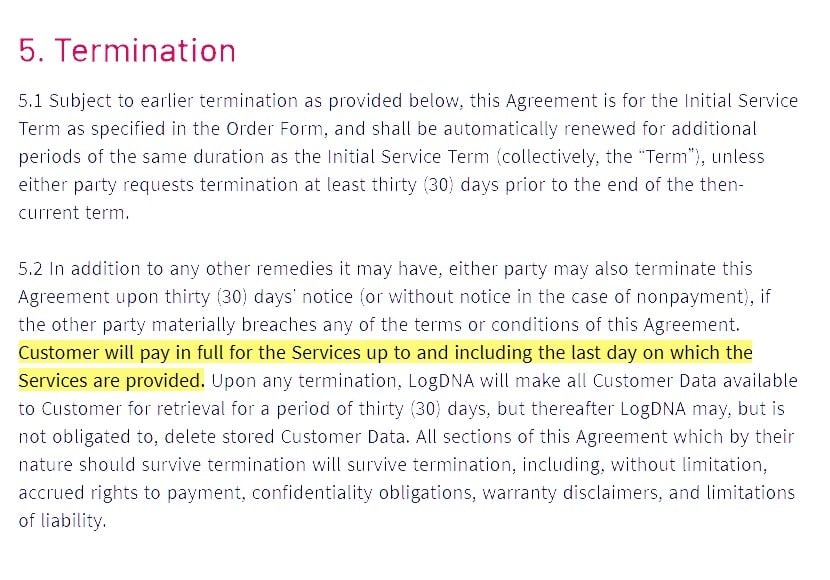
HubSpot explains that refunds depend on the nature of the termination of service:

When Does the Termination Take Effect?
You should spell out how and when the termination of service will take effect.
Options could include:
- You will stop providing the service immediately
- You will give the user a certain notice period before ending the service
- You will end the service at the end of the current subscription period, meaning no renewal
- You will end the service for all customers on a specific date
- You may have different approaches depending on whether you end the service at your discretion or because the user has breached the terms and conditions
User Generated Content
If your service involves user generated content, including social media posts and messages, you should address what happens to this content after you terminate the service.
Options could include:
- You will immediately delete the content
- You will stop the user being able to create new content (or write or reply to messages) but let them continue accessing their old content
- You will give the user a notice period to download copies of the content before you delete it
- You will let the user transfer the content to another site (This may be a legal requirement under some data protection laws)
LogMeIn explains how it lets users access their content after termination:

Termination by the User
You may need to address the user's rights to terminate the service. This will usually be a simpler situation, particularly for unpaid services where the user can simply stop using them.
Points to address could include:
- Whether and how users can delete an account
- Whether and how users can tell you to delete any content they have posted
- Whether users can cancel the service before the end of the agreed term and whether they will receive any refund
- How users can cancel any auto-renewal
Summary
Let's recap what you need to know about termination of service clauses in Terms and Conditions agreements:
- A termination of service establishes or clarifies your right to end any legal obligation to continue providing a service
- The clause should be part of your Terms and Conditions agreements and thus form part of any binding agreement you have with a user
-
You should address three main cases in which you could terminate the service:
- The users has breached the Terms and Conditions agreement, for example by failing to follow an acceptable use policy, or by failing to make agreed payments
- You are unable to continue providing the service
- You are ending the service at your discretion
-
The termination of service clause should address:
- Whether and how you issue refunds after terminating services
- When and how the termination takes effect
- What happens to user generated content
- You may need to include details on if, when and how the user can terminate the service themselves
